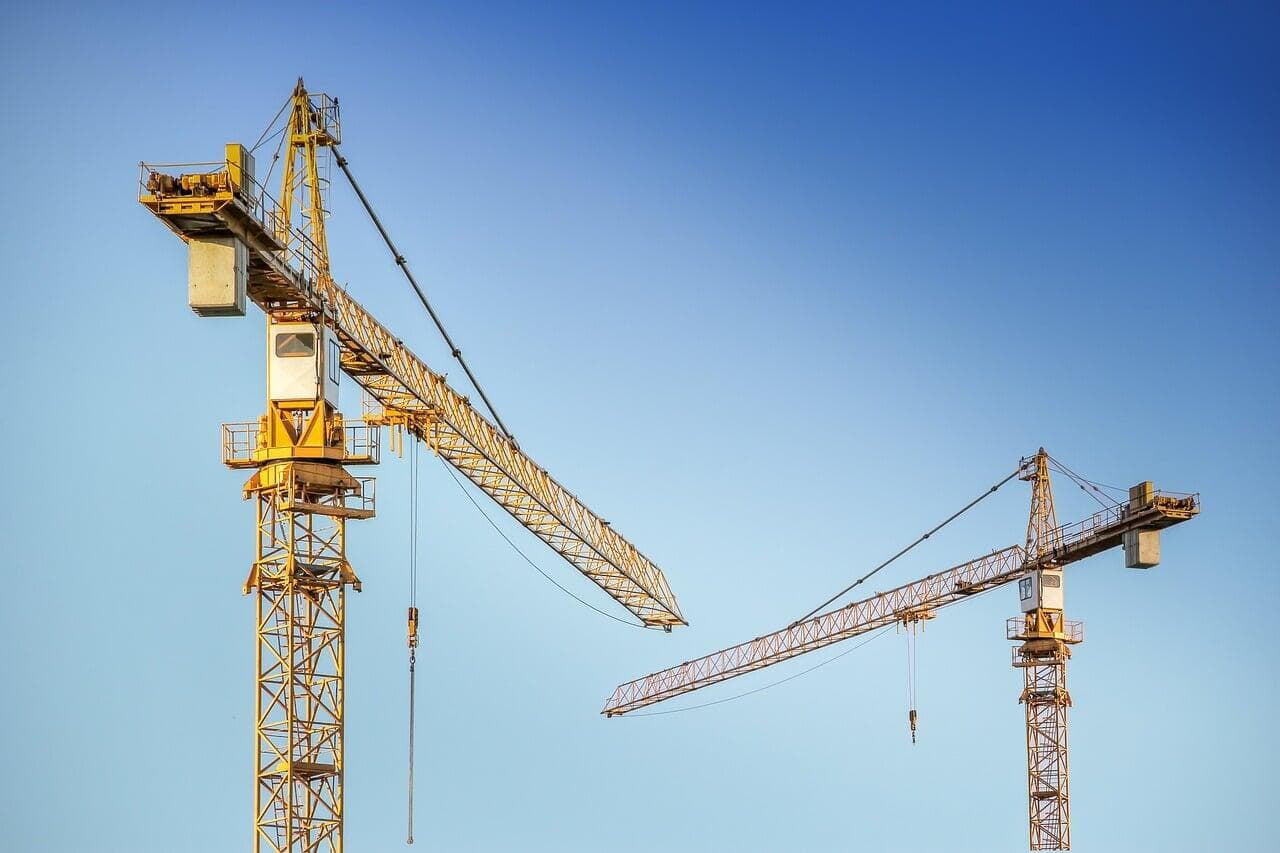
The Impact of Artificial Intelligence in Construction Management
The Impact of Artificial Intelligence in Construction Management
Introduction:
The Role of AI in the Construction Industry:
AI Applications in Project Planning:
AI's Impact on Job Site Safety:
Advantages of Implementing AI in Construction Management:
The incorporation of AI into construction management brings substantial advantages, driving not only project success but also long-term industry innovation.Increased Efficiency and Productography:
Cost Reduction and Resource Optimization:
Improved Decision-Making Processes:
Conclusion:
AI technology is rapidly transforming the construction industry by enhancing efficiency, reducing costs, and improving safety. As construction projects become more complex, integrating AI helps manage large datasets and automate routine tasks, which is crucial for staying competitive. Technologies such as machine learning models predict project outcomes, optimize resources, and minimize delays. As the industry continues to embrace AI, we can expect further innovations that not only streamline project management but also improve the overall quality of construction projects.Discover how AI is transforming the construction industry! Explore the capabilities of AI in project management and technology innovation. Learn more about the power of artificial intelligence in revolutionizing construction management. Dive into our latest blog post now for insightful information.

